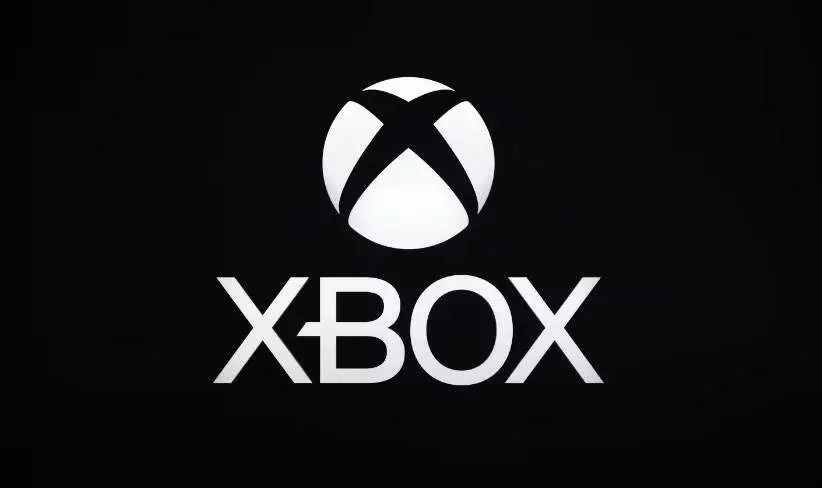In a recent dialogue, Phil Spencer, CEO of Microsoft Gaming, elucidated a pivotal aspect of the contemporary gaming environment: the stagnation of growth within the traditional console market. In contrast to earlier years when video game consoles experienced exponential growth, Spencer highlighted that the industry, encompassing giants like Xbox, PlayStation, and Nintendo, has hit a plateau. This revelation is not merely a trend but a reflection of evolving consumer preferences and the expansion of digital platforms.
As gamers increasingly seek experiences rather than products, Microsoft’s strategic pivot becomes evident. Rather than focusing solely on the console, the company aims to enhance its ecosystem across multiple dimensions—this includes PCs, cloud services, and mobile devices. Spencer emphasized that the essence of Xbox is evolving beyond a mere physical console, embracing a broader definition that encapsulates accessibility and variety.
Future Innovations and Console Commitment
Despite the stagnant growth in the console market, Spencer reassured enthusiasts that Microsoft remains committed to producing new gaming consoles. The anticipation for the next-generation Xbox, branded as a quantum leap in technology, underscores the company’s investment in delivering high-performance gaming experiences. While Microsoft is preparing for future innovations, Spencer hinted at potential new devices that could reshape the gaming experience, including a possible handheld console—albeit still in the conceptual phase.
Interestingly, the conversation veered away from the idea of mid-generation refreshes, a tactic deployed by competitors such as Sony with the PlayStation 5 Pro. Spencer’s perspective is clear: the company does not perceive the need for incremental updates unless they genuinely enhance the user’s experience. He articulated that the current technological advances make it challenging to visibly differentiate between versions of hardware, a stark contrast to the substantial leap seen between earlier console generations, such as from the original Xbox to the Xbox 360.
Expanding the Xbox Ecosystem
With the recognition that today’s gaming landscape transcends physical hardware, Spencer introduced a fresh marketing campaign titled “This Is An Xbox.” This initiative aims to redefine the brand’s identity, highlighting that Xbox encompasses much more than a mere console under a television set. In the modern era, smartphones and televisions have integrated with Xbox through gaming applications and platforms like Game Pass, promoting a more inclusive gaming experience.
Acknowledging the nostalgia of a singular gaming device, Spencer noted that while some gamers appreciate the straightforwardness of a unified system, the industry’s trajectory suggests a shift towards larger, more interconnected gaming environments. As games evolve into expansive universes that engage players across various platforms, the emphasis on a singular, dedicated device diminishes.
As we move forward in this rapidly transforming gaming climate, Microsoft’s approach represents a pivotal shift in how games and gaming communities perceive and interact with their favorite titles. Phil Spencer’s insights reflect a broader understanding that gaming is now defined by its content—the characters, narratives, and immersive worlds—rather than the hardware it runs on. The future of Xbox lies in innovation, accessibility, and a commitment to enhancing the gaming experience across a multitude of devices, creating a vibrant ecosystem that aligns with the preferences of today’s players.

